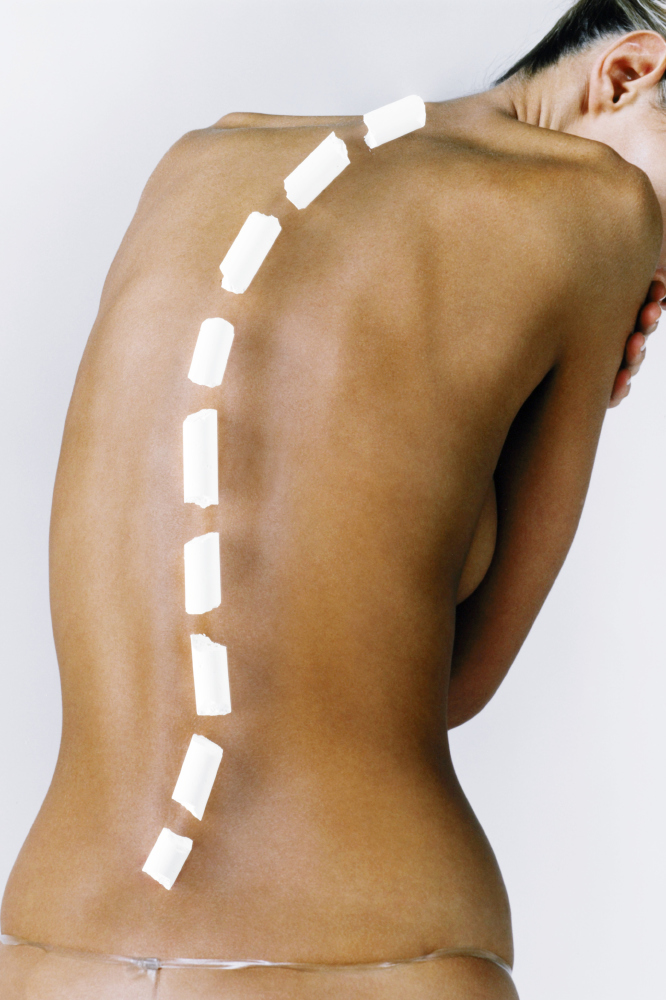
Is using your phone too much causing spinal injury?
According to recent news, reading and sending text messages can lead to spinal damage, with reports arguing that craning your neck and hunching over your phone can add up to 60lb of extra weight onto the spine.
Most of us barely go 20 minutes without looking at our phones, whether this be to read, write a text message, email or to check our Facebook newsfeed, but continuously straining the neck to look at our phones forces the head into an unnatural and unsupported position, causing pain and fatigue.
Published in the Surgical Technology International, the study reports: “The weight on the spine dramatically increases when flexing the head forward. These stresses may lead to early wear, tear, degeneration and possibly surgery.”
Mr Damian Fahy, Consultant Spinal Surgeon at The Lister Hospital, London agrees on the potential for muscle fatigue and severe pain when using our phones and devices, whilst also giving advice on how to use our devices safely and comfortably.
Can sending text messages and emails on your phone impact the health of your spine?
“Our spines are designed for a comfortable upright posture. When using smartphones and tablets to send and receive emails, text messages and catch up with social media as well as using laptops, we often peer downwards with our necks bent forwards. This puts the neck in an unnatural position so that the weight of the head needs to be supported by the muscles at the back of the neck. The longer we stay in that position the more tired the muscles become leading to fatigue and muscle pain.
"Using an iPad or a laptop in this position with your head facing downwards, for any activity - including to send emails, watch TV or play games - for longer than 20 minutes will build up muscle strain."
Could sending text messages and emails on your phone lead to spinal damage?
"Although the pain can be intense, it is unlikely to cause long-term structural damage to the spine. It may hurt, but is unlikely to harm. Structural damage is more likely to be a result of genetic factors or a history of injury or trauma to the spine."
Do you have any tips or advice to give to regular users of devices such as phones and iPads?
"We cannot avoid using these devices which have had an amazing effect on our daily lives, we do need to learn how to use them safely and comfortably.
1. I recommend using voice-recognition software such as dictation apps on your device. I find Siri to be very helpful in limiting the amount of time I spend with my head in the wrong position
2. When using your phone or device, try to keep it at eye-level to reduce the fatigue
3. When on the phone, try to walk around to allow a more natural posture, using a headset or an earphone device is a great way of making the technology fit you, not the other way around
4. Take a break from messaging. Don't consistently use a phone, laptop of iPad for longer than 20 minutes unless it is at eye-level, or muscle fatigue will build up
5. Take control of your spinal health. If your job requires you to sit for most of the day, use the muscles you aren't using during that time when exercising. Pilates and swimming are helpful in toning and strengthening these muscles. We have to train to be fit to lead the lives we do nowadays
If the pain does not subside, I would recommend seeing an osteopath or a physiotherapist to build an exercise programme to strengthen the muscles. Acupuncture can also be very beneficial in reducing spinal pain."
Mr Damian Fahy, Consultant Spinal Surgeon at The Lister Hospital, London www.thelisterhospital.com
Tagged in Health

